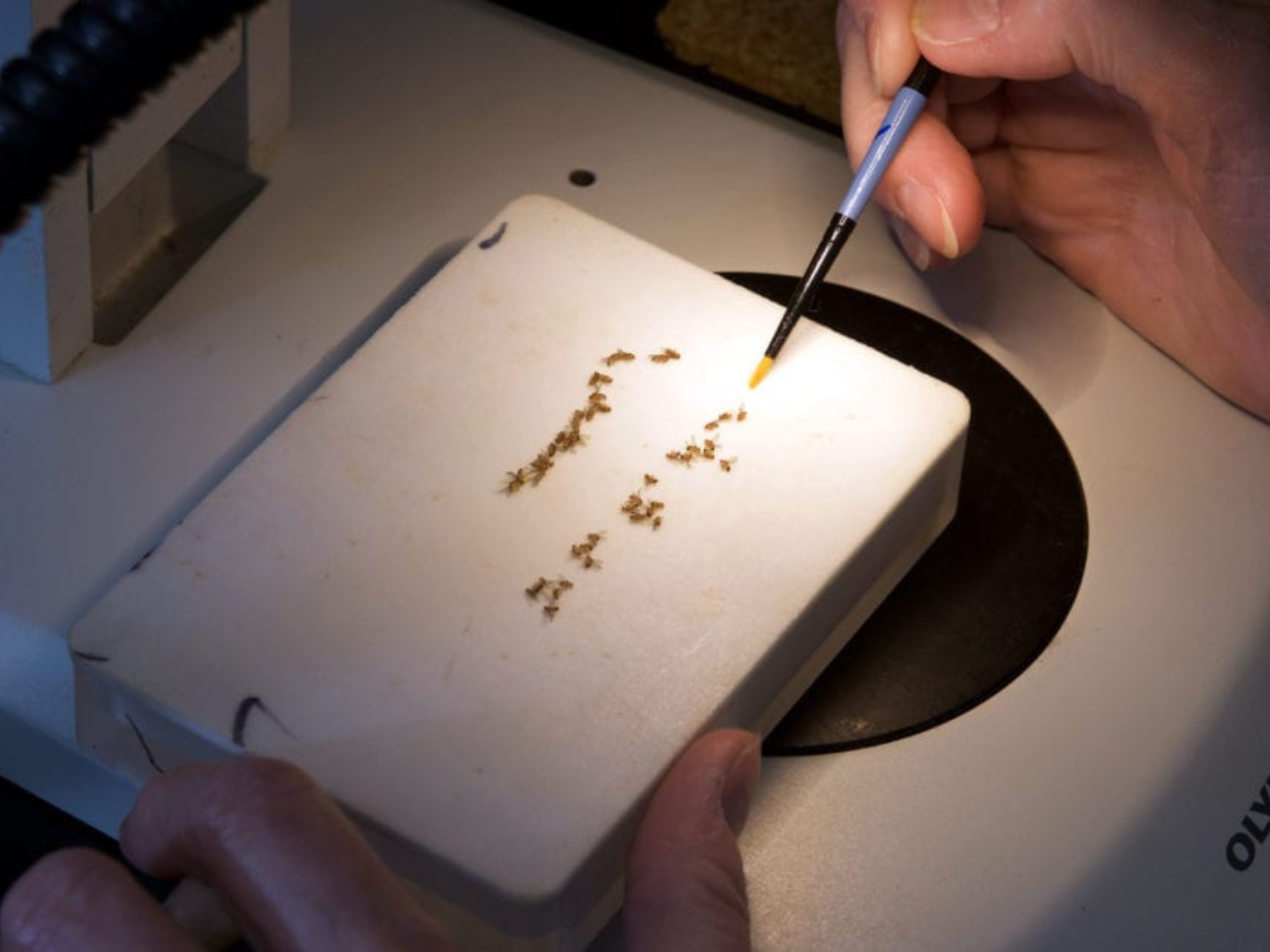
The director of the Clemson University Center for Human Genetics, Dr. Trudy Mackay, has been named Clemson University’s first-ever member of the prestigious National Academy of Medicine, one of the highest honors in the fields of health and medicine.
Mackay is among the 100 new members currently by NAM members. Election to the Academy recognizes individuals who have made major contributions to the advancement of medical sciences, health care and public health.
“Trudy Mackay is a world-renowned researcher in the field of genetics. Her election to the National Academy of Medicine is a historic and exciting day for Clemson University,” said President Jim Clements. “As Clemson’s first National Academy Member of Sciences and now our first National Academy Member of Medicine, Trudy continues to elevate our University’s research profile to new heights. I am thrilled that Trudy has received such an incredible honor, and I am excited to see how her research further transforms and positively impacts the lives of others for generations to come.”
Mackay is among the 100 new members elected Monday by current NAM members. Election to the Academy recognizes individuals who have made major contributions to the advancement of medical sciences, health care and public health.
“I am very honored that the National Academy of Medicine recognizes the value of my model organism work with fruit flies, which has so much potential to impact human health,” Mackay said.
Founded in 1970 as the Institute of Medicine, three academies make up the National Academies of Sciences, Engineering and Medicine — and Mackay is now a part of two of them, having been elected to the National Academy of Sciences in 2010 as well. Mackay is the only one in South Carolina to be elected to more than one.

Mackay’s groundbreaking research uses the common fruit fly Drosophila to discover the genetic roots of complex traits — traits that are influenced by multiple genes — that are important to human health. She developed the Drosophila Genetic Reference Panel, a valuable resource used by researchers from all around the world. The panel includes more than 1,000 fly lines with fully sequenced genomes.
“The whole premise of genetic medicine is that once you know the genes involved, you understand the processes and networks, or the context in which those genes are involved, which often leads to drugs that can target those disease,” said Mackay. “My work historically has been trying to identify those genes and understand those networks.”
Mackay said the NAM honor will enhance Clemson’s advancement of precision medicine.

“Dr. Mackay is a pioneer in human genetics, and this spectacular honor is further recognition of Clemson’s excellence in improving lives through research,” said Cynthia Young, dean of Clemson’s College of Science. “Clemson continues to accelerate her vision of precision medicine — integrating a person’s genetics, environment and lifestyle leading to healthier lives.”
Read more in the Clemson News article.




























